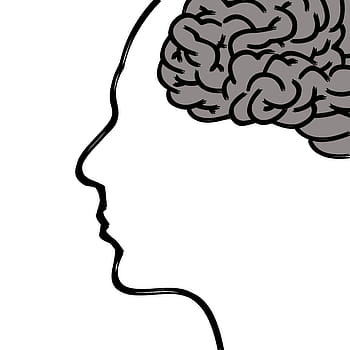Chronic pain affects a significant number of people worldwide. The exact number of people with chronic pain is not known but the numbers are not minuscule. For decades, acupuncture has been used to manage several types of acute and chronic pain disorders. The therapy utilities very fine needles that are inserted at specific anatomical sites in the body for pain relief. When performed by a qualified acupuncturist, the treatment is said to provide pain relief and has a very good safety profile. Over the years, this old Chinese remedy has been used to manage a variety of pain disorders including joint pain, migraine, sciatica, neck pain, and even headaches. 
Recently a meta-analysis of dozens of high-quality clinical trials that involved nearly 18,000 participants showed that acupuncture is an effective treatment for individuals with neck and back pain, chronic headache, osteoarthritis, and shoulder pain. In addition, one large randomized control study revealed that acupuncture significantly lowered symptoms of depression at 12-weeks compared with traditional therapies. Finally there are other studies showing that acupuncture can also lower the depression associated with cancer and enhance the quality of life.
However, to put things into perspective, there are just as many studies showing that acupuncture has none or only mild pain-relieving effects.
Today, the effectiveness of acupuncture for the treatment of pain continues to be debated. The reason why some patients benefit from acupuncture and others do not has not been well explained. So what is the issue? Does the technique work for pain or not?
Acupuncture is one of the oldest complementary therapies to manage pain and there is evidence from clinical trials that the technique can help lower pain. While many factors that influence acupuncture have been studied in the past, the patient’s psyche, his or her relationship with the acupuncturist and beliefs have not been thoroughly studied, until this recent study.
Now a study by researchers from the University of Southampton sheds more light into this controversy. The lead investigator, Dr. Felicity Bishop from the University conducted this study to determine why some individuals with low back pain gained more pain relief from acupuncture and others did not. What the researchers observed is that individuals with low back pain who have apriori low expectations of acupuncture before the start of the treatment generally gain less benefit than those individuals who believe it will work. Overall the study revealed that individuals who have a positive view of their pain and who feel in control of their health condition had led back-related disability over the course of acupuncture treatment. The findings of this study were just published in the Journal of Clinical Pain.
In this study, it was shown that psychological factors were consistently associated with back pain-related disability. Patients who started out with very low expectations of acupuncture and thought that the treatment would not help them, in fact, had the least benefit. Further, the same patients who changed their psyche and started to develop positive feelings about their pain, then went on to experience less back-related disability; and as their desire to understand why they were having pain increased, they experienced less pain. In summary, patients who were less emotional conflicts and fewer negative feelings about acupuncture and their pain had more benefits.
What this study shows is that perhaps clinicians need to start motivating or help change patient perceptions about their pain and the potential benefits of acupuncture. Improving the psyche is the key and this may be the reason why there is such a great variance in past acupuncture studies and pain control.
Dr. Bishop has stated that to improve the outcomes after acupuncture, acupuncturists should now consider improving the patient’s psyche and positivity about their pain as part of the initial consultation.
Dr Stephen Simpson, director of research at Arthritis Research UK, said: “This study emphasizes the influence of the placebo effect on pain. The process whereby the brain’s processing of different emotions in relation to their treatment can influence outcome is a really important area for research.” He went on to add,
“Factors such as the relationship between practitioner and patient can inform this and we should be able to understand the biological pathways by which this happens. This understanding could lead in the future to better targeting of acupuncture and related therapies in order to maximize patient benefit.”
References
- Vickers AJ, Cronin AM, Maschino AC, et al. Acupuncture for chronic pain: individual patient data meta-analysis. Arch Intern Med. 2012; 172(19): 1444-53.
- University of Southampton. Psychological factors play a part in acupuncture treatment of back pain. (2015, Feb 12) https://www.sciencedaily.com/releases/2015/02/150212065036.htm
- Felicity L. Bishop, Lucy Yardley, Philip Prescott, Cyrus Cooper, Paul Little, George T. Lewith. Psychological Covariates of Longitudinal Changes in Back-related Disability in Patients Undergoing Acupuncture. The Clinical Journal of Pain, 2015; 31 (3): 254
- Fields, Rd. Acupuncture Works–Sort of Acupuncture: Physiology, Psychology, or Placebo? Psychology Today. (2010, Sep 27) https://www.psychologytoday.com/intl/blog/the-new-brain/201009/acupuncture-works-sort
